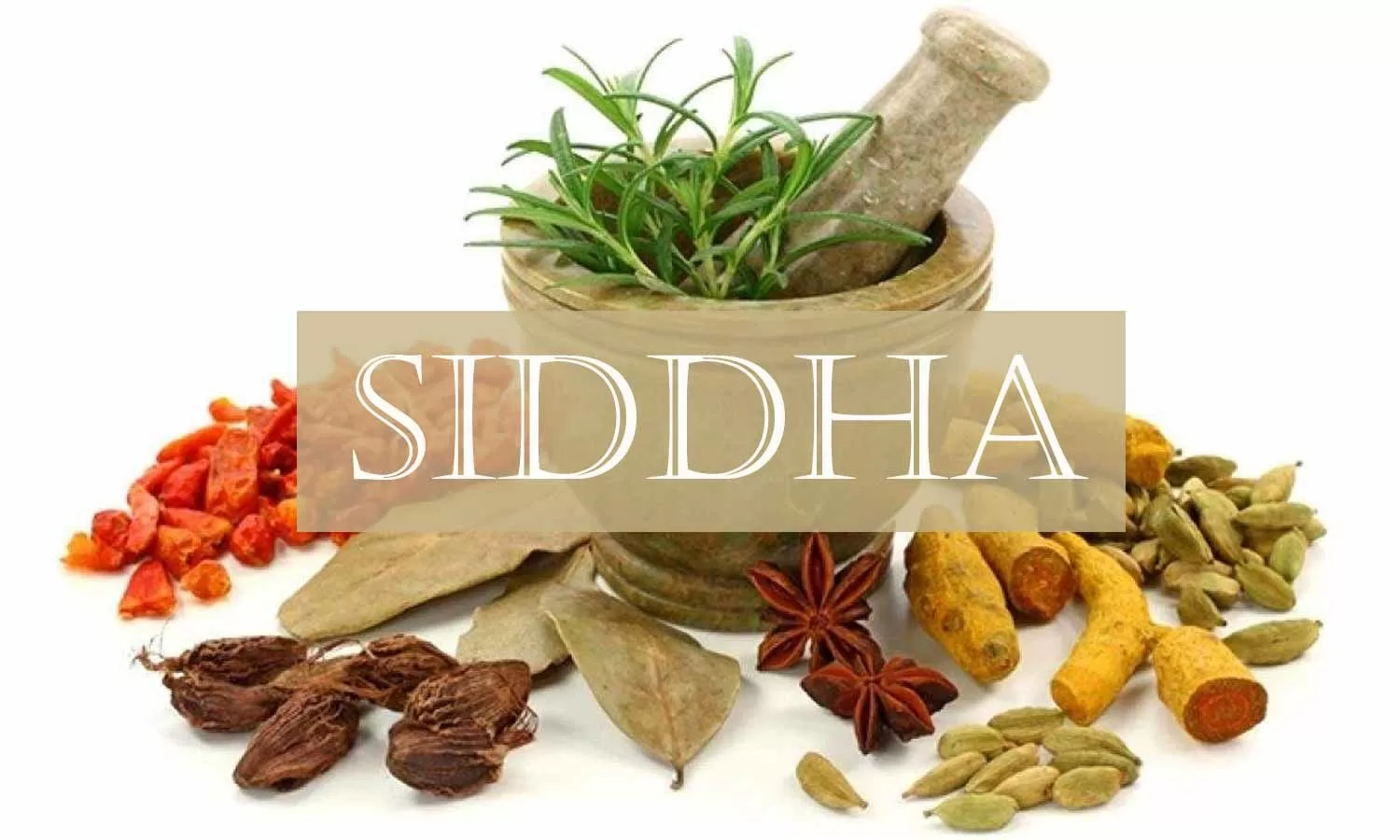Siddha medicine is a traditional system of medicine that originated in ancient India. It is one of the oldest systems of medicine in the world and has been in use for over 5,000 years.
The origin of Siddha medicine is believed to have come from the Siddhars, who were a group of spiritual adepts and sages who lived in South India. They are said to have achieved a state of enlightenment and to have had the ability to perform extraordinary feats, such as levitation and alchemy. They were also believed to have had a deep understanding of the human body and its connection to the spiritual realm.
The Siddhars passed down their knowledge of medicine and spirituality through a system of teachings known as Agama. These teachings were passed down orally for centuries before being recorded in texts known as Siddha classics.
Siddha medicine is based on the belief that the human body is made up of three fundamental energies: vatham, pitham and kabam. These energies are believed to be responsible for the body’s physical, mental, and spiritual well-being.
Siddha medicine uses a variety of treatments, including herbal medicine, mineral-based medicine, and alchemy. It also emphasizes the importance of diet, exercise, and meditation in maintaining health.
Today, Siddha medicine is still widely used in South India and Sri Lanka, and is considered to be an important part of traditional Indian medicine.
In recent years, Siddha medicine has gained recognition as a traditional system of medicine and it is been widely studied and researched by the scientific community.
















